At birthday parties, Halloween, or as a lunch treat, candy tends to be a part of the kid diet. And a child's sugar intake doesn't come from candy alone. Between breakfast foods and drinks, sugar is hidden in many daily dishes, and the kids consume them all.
And you've probably heard plenty of debate on the playground — maybe even been involved in a tussle or two. Does sugar make our kids hyper? Is it just a part of a normal childhood? Good news: scientists have dug into the story behind sugar to help moms make the tough choices about how much is too much, and we've waded through them all.
Here's the good, the bad, and the ugly about kids and sugar.
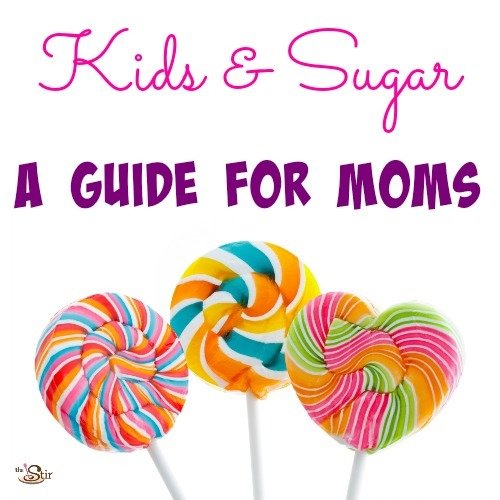
Do you believe #7? Does sugar really do that?
Image via Zurijeta/shutterstock; © iStock.com/WEKWEK
It's Like a Cold
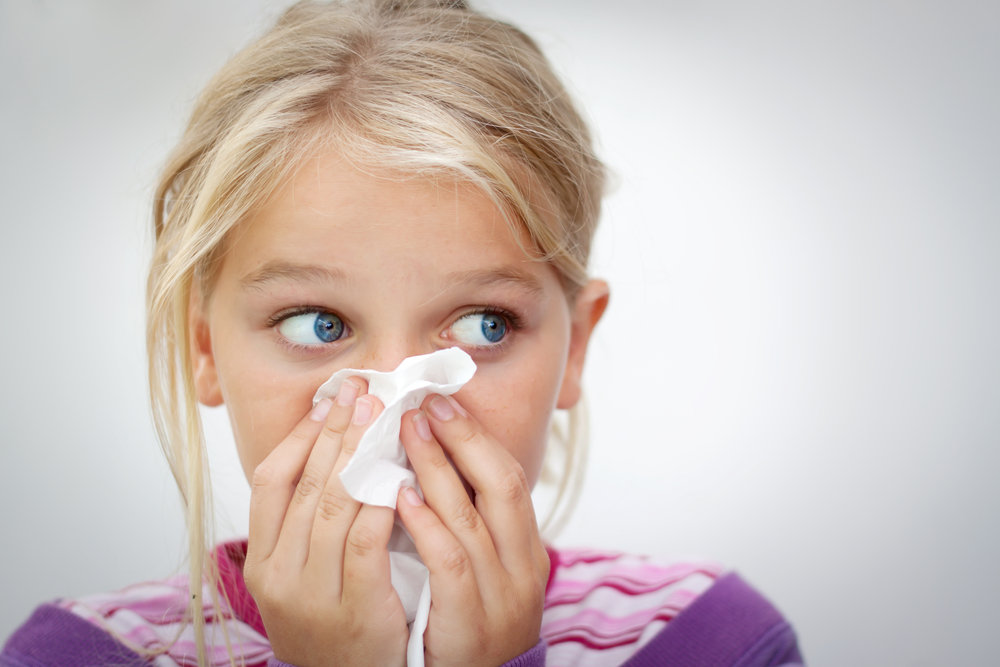
Dr. Julie L. Wei, a pediatric otolaryngologist at Nemours Children’s Hospital in Orlando, Florida, notes that when kids consume excess amounts of sugar, they actually start exhibiting cold-like symptoms. The runny nose, cough, and sinus problems will appear. But really, it's all from the extra sugar.
More From The Stir: The 10 Playground Hazards Most Dangerous to Kids
They Consume A LOT of It. A LOT
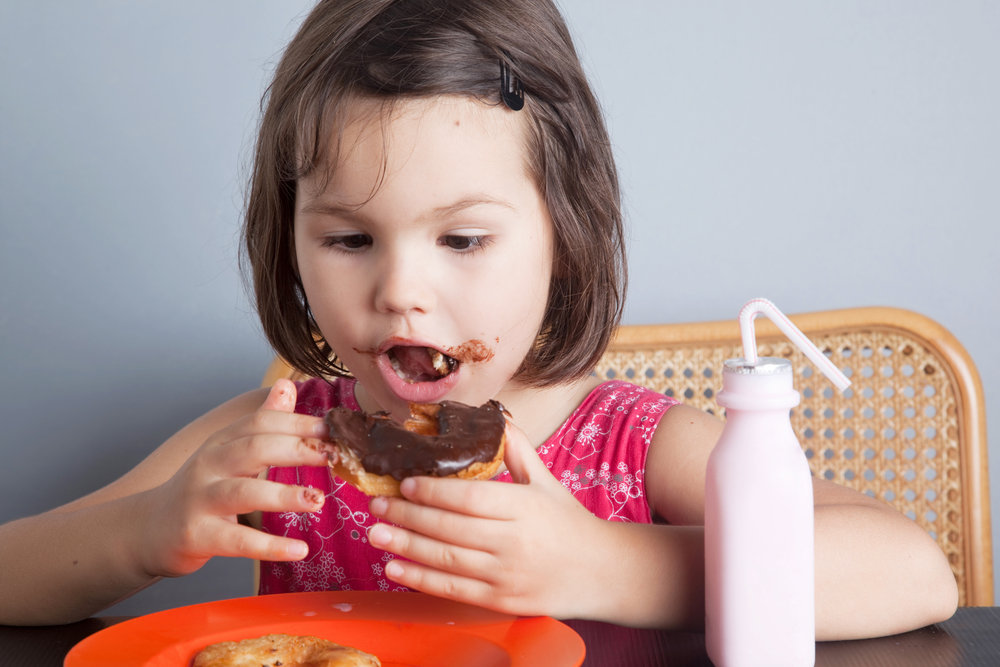
Brace yourself for this, parents. The average child consumes just about 34 teaspoons of sugar per day. That's roughly about half a pound. In their cereal, in dessert, in yogurt, and plenty of other secretly sugary foods, they're getting their fix.
They're Consuming Less

Well, less than before, that is. According to the Mayo Clinic and the Dietary Guidelines for Americans, kids are eating less sugar than they were in 2000.
Flip side? They're still eating more than the Clinic recommends in every age bracket. About 10 percent more, in fact.
More from The Stir: 5 Ways to Kick Your Kid's Sugar Habit
It Doesn't Make Them Hyper
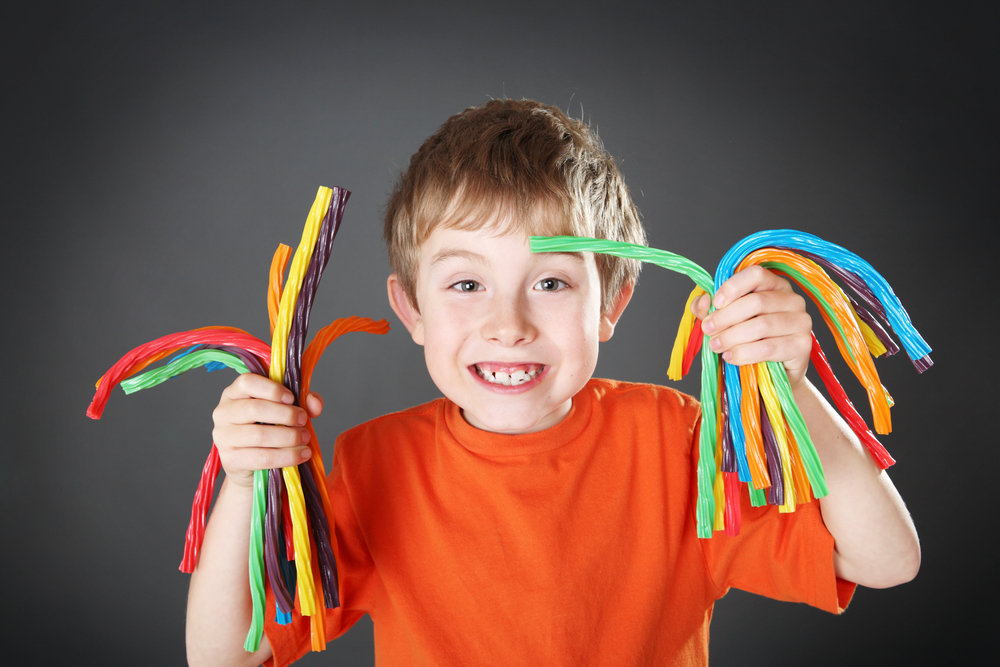
For years, parents have believed that lots of candy = hyper kids. But now, that myth is officially busted. Researchers who published their data in The New England Journal of Medicine, proved that sugary intakes don't change a child's cognitive skills. So really, it's all in your head, Mom and Dad.
More From The Stir: 10 Reasons Babies Should Never, Ever Be Allowed To Cry
But It Makes YOU See Things

That's right. Researchers from the Menninger Clinic Chidren's Division found that when parents thought their children had ingested sugar, they immediately considered them to be hyper. Even when the kids were given a placebo during the study. So it turns out that kids + sugar = Mom seeing things.
They're Getting Hooked Before They're Born

In fact, it starts with you, mom. If you're craving and consuming chocolate during pregnancy, it's important to do so in moderation. Gestational diabetes (which occurs when mothers consume large amounts of sugar while pregnant), can lead to pregnant problems and issues for the baby.
It's Hidden in Most Foods
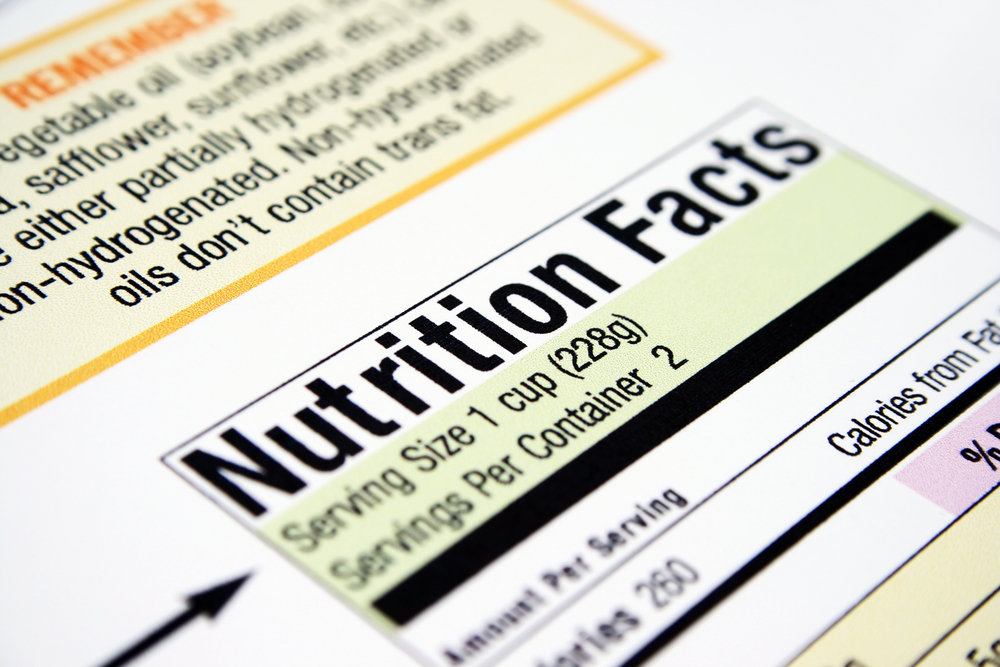
It's not just "sugar," so read your nutritional label. Spoiler alert: anything ending with "-ose" is just sugar disguised in fancy words.
More from The Stir: 10 Worst Cereals for Kids According to Safety Group
Don't Be Fooled by Fruit Juice
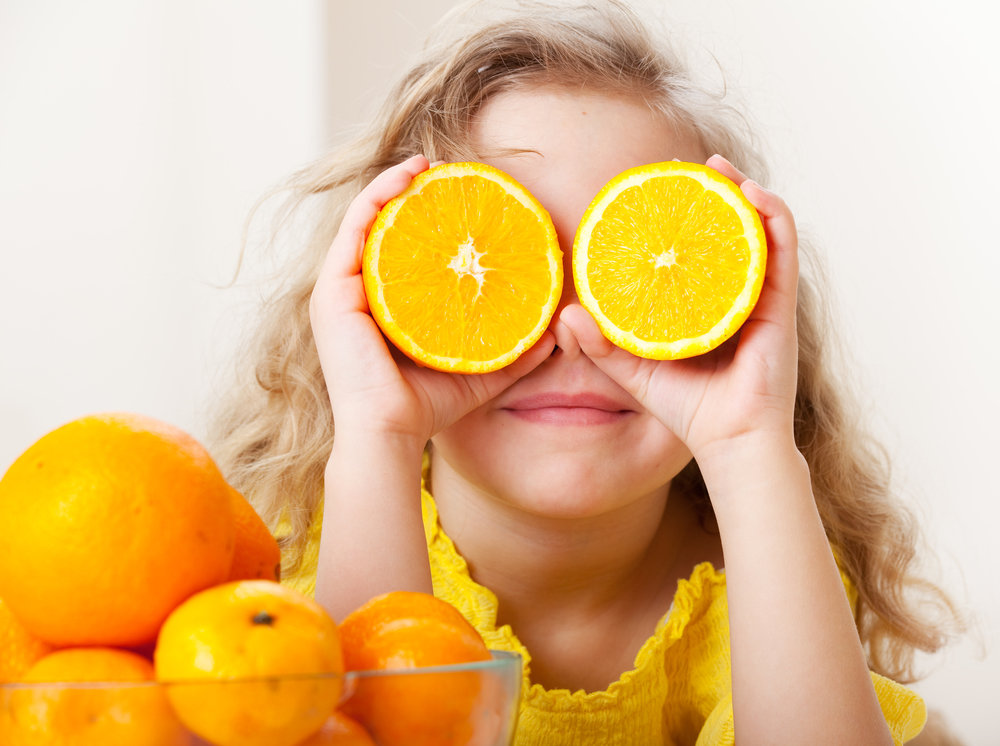
Fruit naturally contains sugars, but the good kind. Fruit juice, on the other hand? Not so much. Made from concentrate? That's even worse. Doctors from the Children's Hospital in Boston, Massachusetts, found that sugar-sweetened beverages are no better than candy. So when you're serving kids fruit, all good, but skip the fruit juice. Same goes for sports drinks as well.
More From The Stir: 6 Crazy-Making Things My Kids Do at the Dinner Table
It's a Natural Pain Reliever
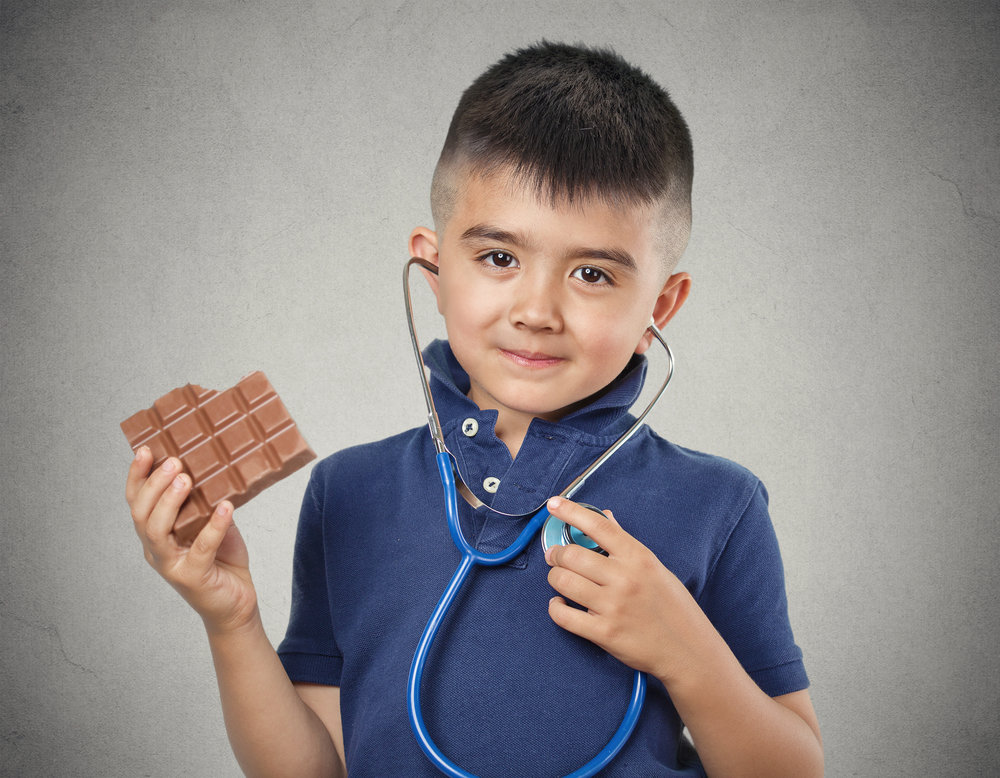
Ever wondered why doctors hand out lollipops? Doctors Pepino and Mannella at the Monell Chemical Senses Center in Philadelphia, Pennsylvania, found that sugar actually acts as a natural pain reliever in children who are receiving neonatal procedures.
Candy Really Does Lead to Cavities
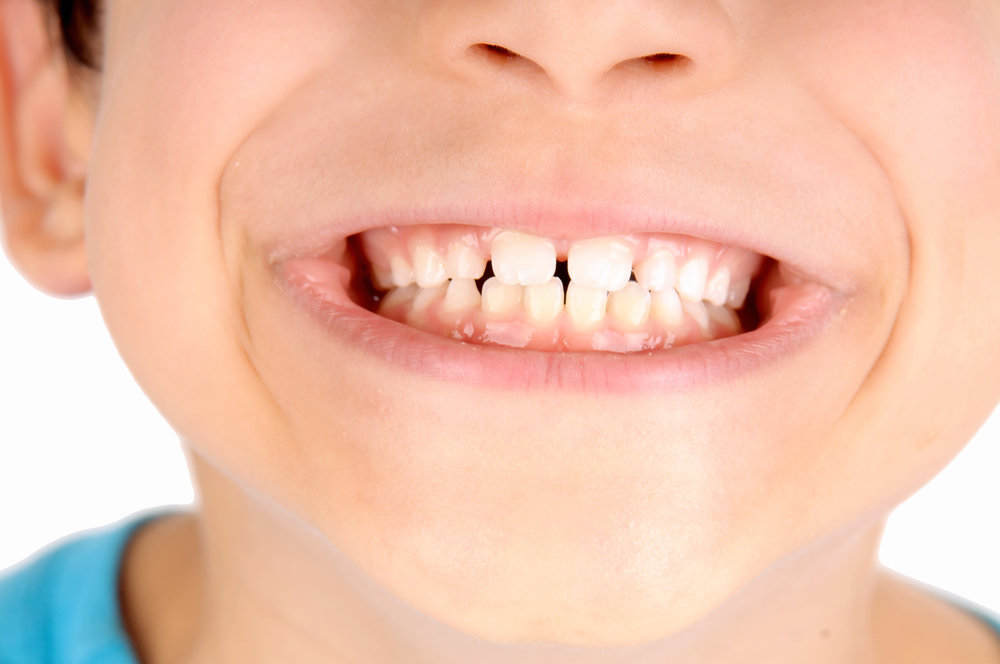
Sorry Moms, but this one is not a myth. It's a direct line from the candy binge to the dentist's office. Doctors have long warned about the connection between candy and cavities, and it's because it's a studied and proven fact. Not only are cavities caused by increased amounts of candy, but are made worse by sucking candy. The longer the candy stays in the mouth, the more dangerous it is to the teeth.
And MANY Other Health Problems
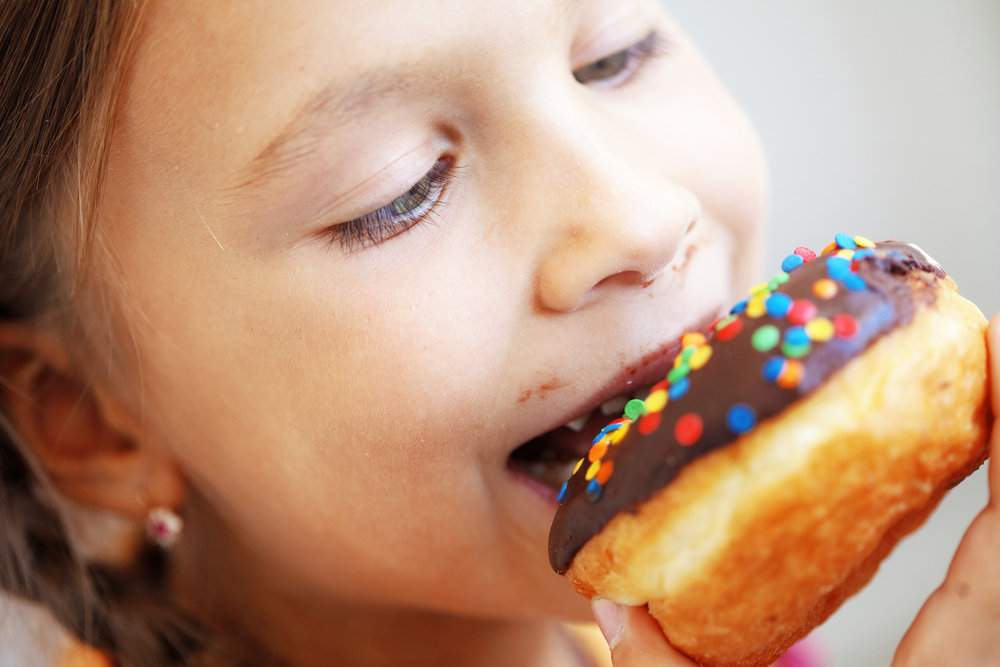
Doctors have tied excess sugar to higher risks of developing diabetes, high blood pressure, heart disease, and obesity in children. They've also found that diabetes cases are staggeringly rising. In 2004, Type 2 diabetes accounted for 45 percent of all new diabetes diagnoses.
More from The Stir: Helping Kids Lose Weight: 8 Dos & Don'ts
Their Tastes Eventually Change

Once kids turn 15 or 16 (and stop growing), their sugar preferences start to change. They no longer want to consume mounds of candy and sweets, but start favoring lesser amounts.
More From The Stir: 11 Photos to Capture at Baby's First Birthday Party




